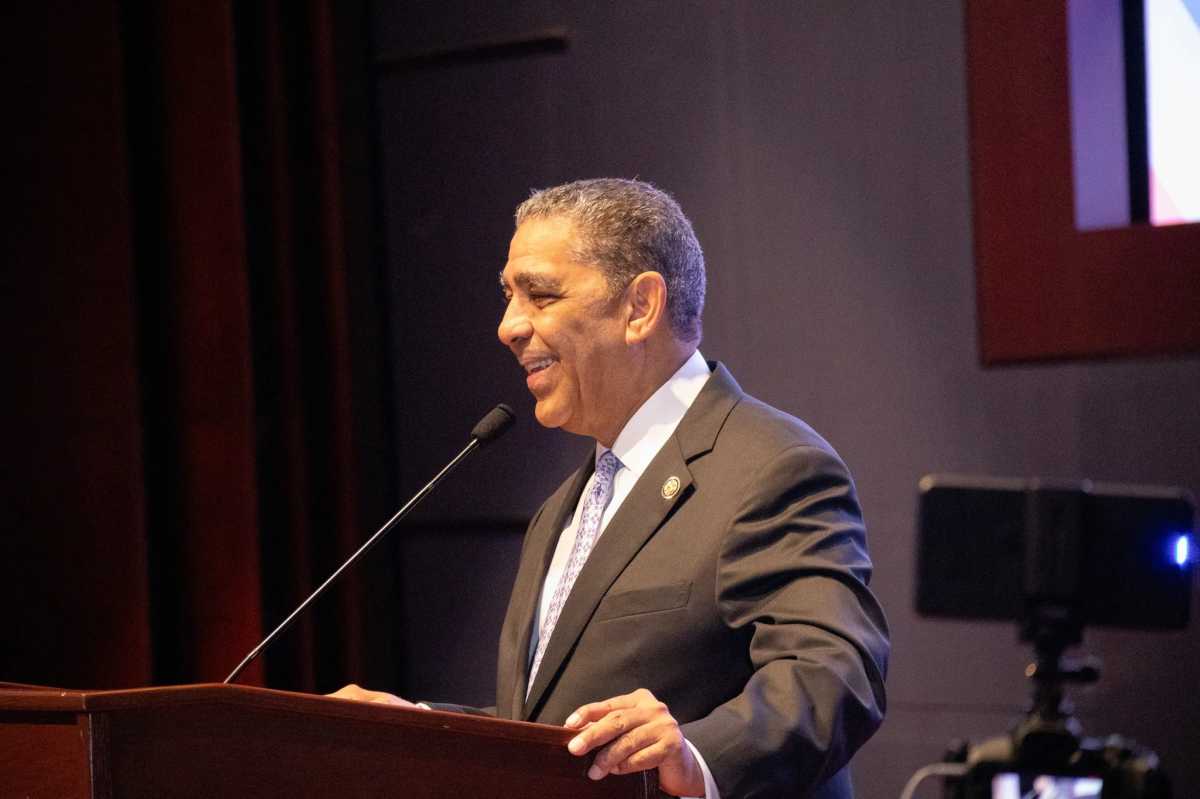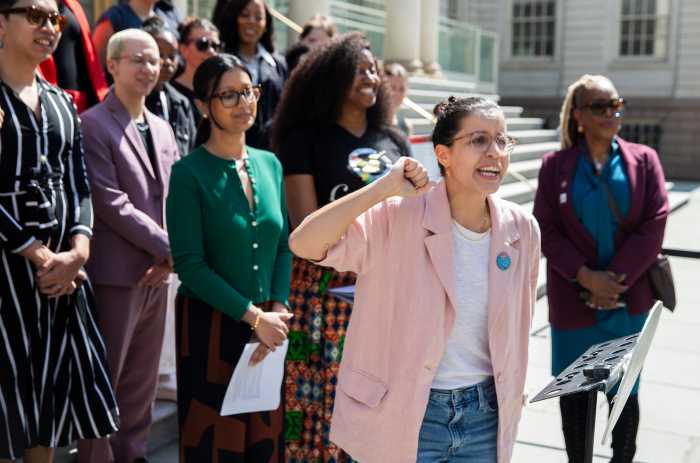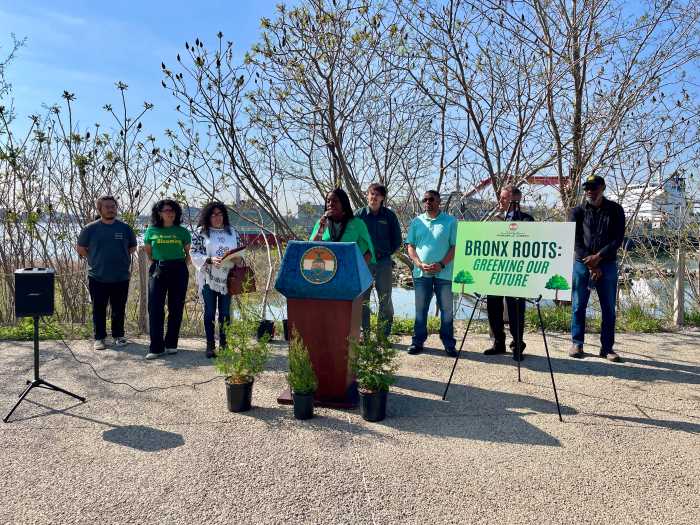New York City will not be renewing a lucrative no-bid migrant services contract with the controversial shelter provider DocGo for another year, city officials revealed on Tuesday.
DocGo — also known as Rapid Reliable Testing NY LLC — previously received a $432 million contract from the city even though it did not go through the usual competitive bidding process to provide shelter, food and other services to new arrivals. The company provides services to 3,600 migrants overall — 1,800 in the city and another 1,800 upstate, a small fraction of the roughly 64,000 currently in the city’s care.
The contractor has been criticized over allegations that security guards it hired mistreated migrants; there were also concerns that it wasted substantial amounts of food and did not effectively coordinate with local governments upstate. Mayor Eric Adams’ administration faced backlash over selecting DocGo in the first place, given the medical services company’s lack of experience in shelter provision.
But with DocGo’s current contract expiring on May 5, the city is planning to replace the firm with nonprofit providers, according to the administration. This time, the city will issue a competitive request for proposals to select the replacement vendor.
Camille Joseph-Varlack, Adams’ chief of staff, said in a statement that scaling down the city’s relationship with DocGo is part of a cost-cutting move aimed at bringing down its spending on the influx.
“As part of our work to reduce spending, we will not be renewing the full DocGo emergency contract that currently serves approximately 3,600 migrants at this time and will instead be issuing a competitive RFP to take over this work moving forward,” Joseph-Varlack said. “This will ultimately allow the city to save more money and will allow others, including non-profits and internationally-recognized resettlement providers, to apply to do this critical work, and ensures we are continuing to use city funds as efficiently and effectively as possible.”
DocGo will continue to run its shelters upstate until City Hall chooses a new provider, Joseph-Varlack said. But the company’s shelters in the five boroughs will be transferred over to another contracted vendor — Garner Environmental Services — in the interim.
“We are working with the comptroller on a temporary extension for the upstate DocGo hotels to ensure we are not disrupting children in school and are not leaving our upstate partners without proper notice,” Joseph-Varlack said.
A DocGo spokesperson, in a statement, defended the company’s work during the migrant influx.
“At the peak of the crisis, when New York City was seeing over 600 new arrivals each day, the City’s flex housing program provided essential capacity and helped ensure families and children did not have to sleep on the street,” they said.
‘Relieved’
City Comptroller Brad Lander, who rejected the city’s contract with DocGo last fall — a decision the administration overruled, said in a statement he is “relieved” the administration “came to its senses” by declining to renew the contract.
“My office repeatedly sounded the alarm on how ill prepared DocGo was to provide adequate services to asylum seekers,” the comptroller said. “Our contract review found little basis for why DocGo was the best contractor for this job, how the dollar amount for this contract was achieved, and who they planned to subcontract out to for security, hotel, and other services.”
However, Lander said he is still “concerned” about the city’s contracting with for-profit companies to provide migrant services more broadly. He late last year moved to revoke the city’s blanket prior approval fore striking emergency contracts, which allowed it to skip competitive bidding and hire companies for large sums of money far more quickly.
Lander said he is also concerned about the city’s move to temporarily replace DocGo with Garner because his office found the contract to be “extremely expensive” in an extensive review of the city’s migrant services deals.
The comptroller urged the city to move from for-profit companies to nonprofits for providing migrant assistance more broadly.
“Our office will watch closely to ensure that asylum seekers do not see a lapse in services and urges the city to issue an open-ended transition to non-profit organizations to avoid paying for-profit companies millions more than necessary,” Lander said.
Read more: Brooklyn Fire Displaces Migrants, Raises Concerns




































